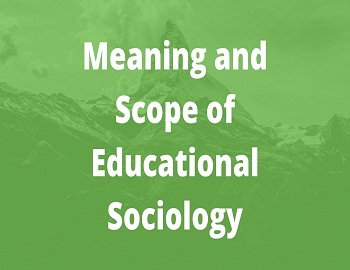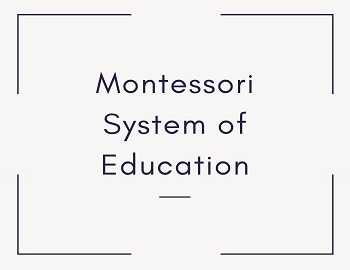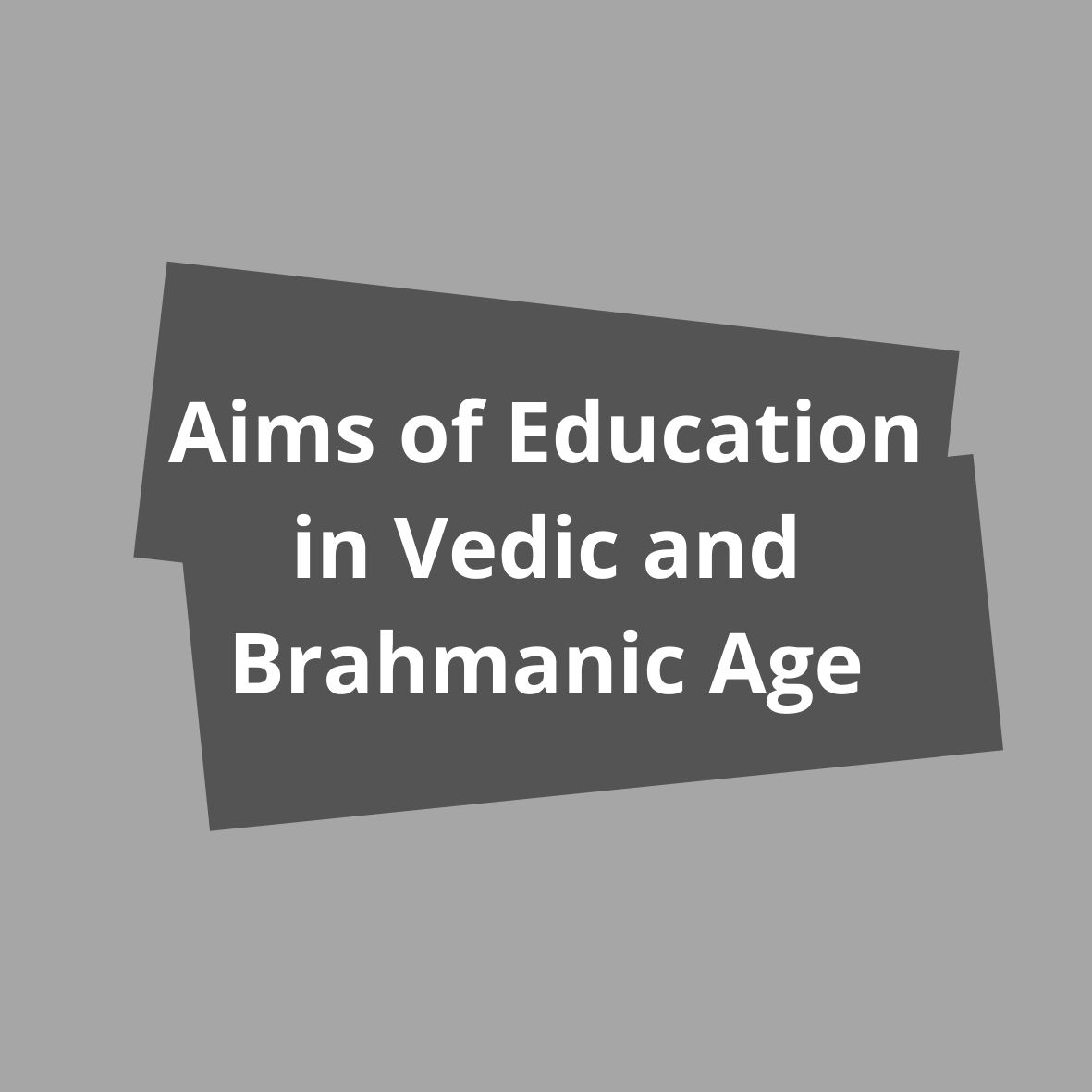Table of Contents
Meaning and Scope of Educational Sociology:
Development of Educational Sociology:
Sociology is in itself a new subject but the development of Educational Sociology as a branch of sociology has started only a few years back. George Payne, who is credited with giving birth to the subject, is called the Father of Educational Sociology. Besides him, other educationists such as Dewey, David, Sweden, Peters, Cook, Bolton, Waller, George Counts, Davis, Taba, Dollard, Slovson, Hovighurt, Ross Finney of America, Durkheim of France, Max Weber of Germany, Clark of Ottoway, Karl Mannheim etc., have also contributed to the development of Educational Sociology. In 1928, George Payne wrote a book named “The Principles of Educational Sociology” in which he regarded the study of the knowledge of social reactions as an essential part of social progress. In his books, “The School and Society” and “Democracy and Education”, Dewey emphasizes that the complete development of education is possible only when the individual takes part in the social consciousness of the community. He writes:
“All education proceeds by the participation of the individual in the social consciousness of the real”.
In India also the importance of Sociology is increasing day by day in the field of education.
Meaning of Sociology:
The word “Sociology” is formed from the words “Socio” and “Logy” which mean “Society” and “Science” respectively. Thus in the words of Word:
“Sociology is the science of society”.
According to E. T. Hiller:
“Sociology is the study of the relations between individuals, their conduct and reference to one another and the standard by which they regulate their association”.
In the words of Ginsberg:
“Sociology is the study of the human interaction and interrelation, their condition and consequences”.
Meaning of Educational Sociology:
In every society, whether its form is old or new, there are different types of public institutions, committees etc., which fulfil the different needs of the individual as well as the society. Requirements connected with livelihood, entertainment, administrative, educational etc., are fulfilled by these institutions. The subject of education which studies these institutions etc. is called Educational Sociology. According to Ottoway:
“The education is an activity which goes on society and its aims and methods depend on the nature of the society on which it takes place”.
In short, Educational Sociology is that branch of Sociology that determines different parts of education while studying the whole educational activity so that the individual may become a good social being. In the words of Brown:
“Educational Sociology is the study of the interaction of the individual and his cultural environment including other individuals, social group and pattern of behaviour”.
Scope of Educational Sociology:
Educational Sociology studies the social activity on education and the effect of education on social reactions. Thus the scope of this science is very wide. In brief, the following important specific problems are the essential part of educational sociology:
- Place of education in Society.
- Mutual relation between teacher and the student.
- Problems, requirements and inspirations of the society.
- Small units of the society and their mutual relations.
- Effect of social life on individual and school.
- Contacts between local social institutions and schools.
- Encouragement of best education and democratic feeling in schools.
- Suitable changes in the curriculum for the development of the individual as well as the society.
- Giving encouragement to invention and critical thinking.
- Evaluation of press, radio, films etc., in the social activity.
- Determining of educational method.
- To investigate means of social progress and social control.









Comments (No)